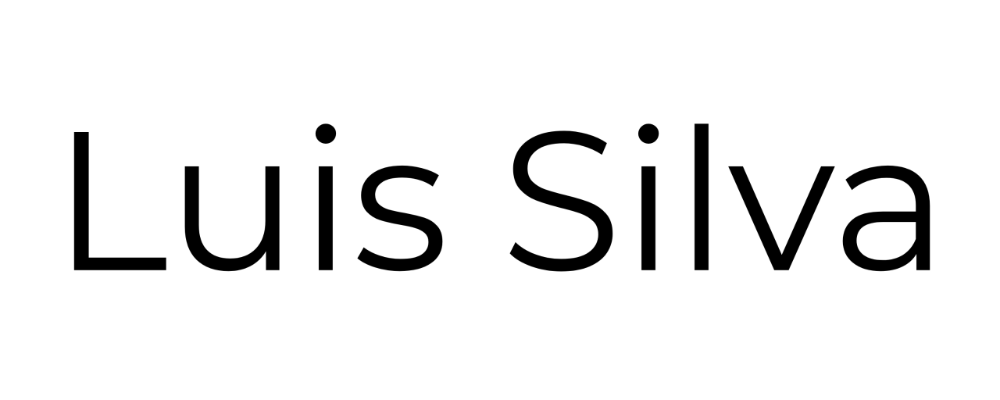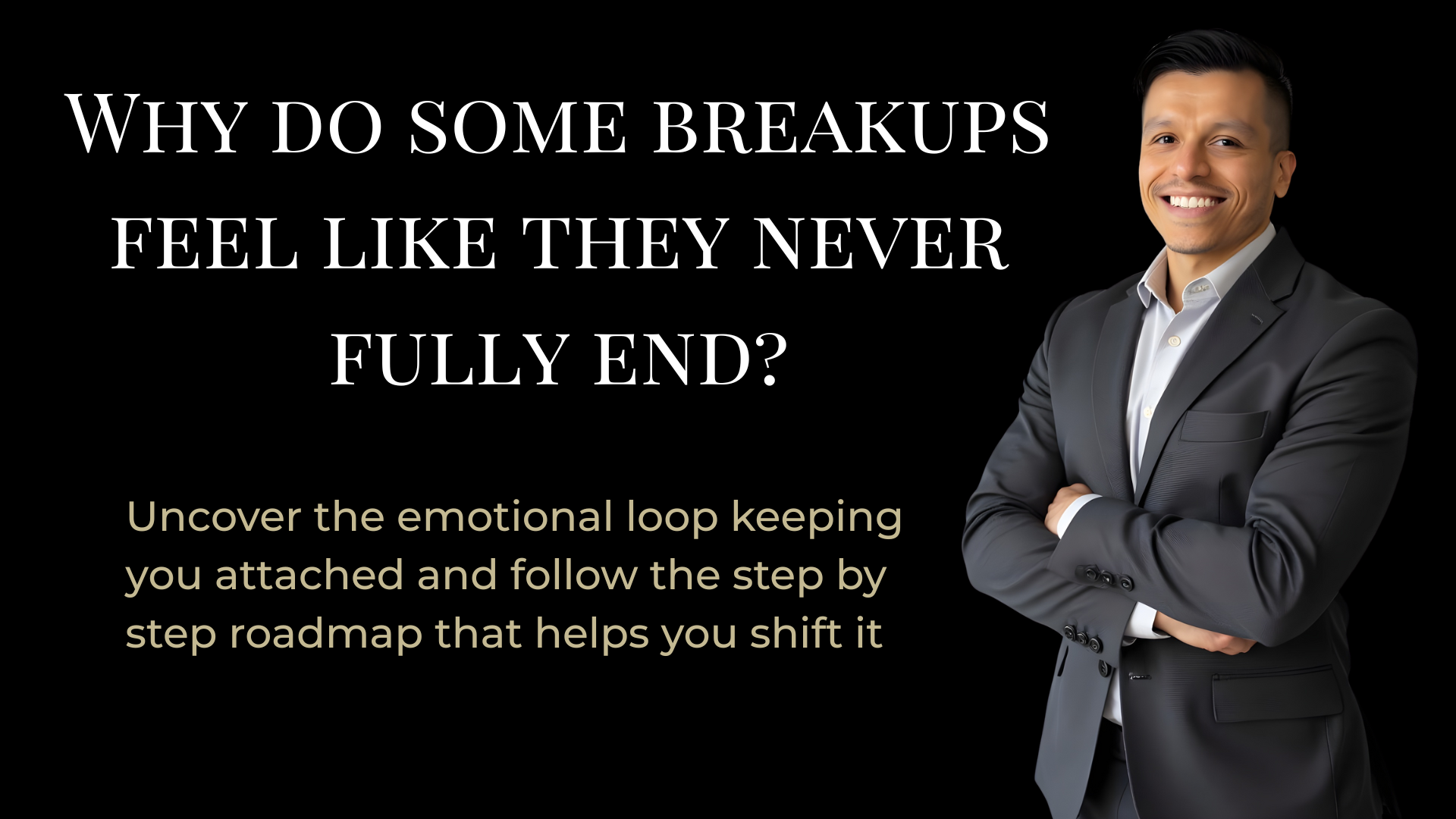
Why Your Heart Needs Different Medicine Than Your Mind
You've analyzed your last relationship to death. You understand exactly what went wrong, why it happened, and what you should have done differently. You can explain your patterns with the precision of a surgeon and speak about attachment styles like you wrote the textbook. Yet here you are, months or even years later, still carrying that weight in your chest whenever you think about him.
Sound familiar? You're not broken, and you're not lacking intelligence. What you're experiencing reveals a fundamental truth that our achievement-oriented culture desperately wants to ignore: your heart operates on completely different principles than your mind, and it requires entirely different approaches to recover from deep wounds.
The High Achiever's Dilemma: When Success Strategies Fail
As someone who's mastered other areas of your life, you naturally approached heartbreak the same way you'd tackle any other challenge. You read the books, listened to the podcasts, maybe even worked with a therapist who helped you understand your childhood patterns and relationship dynamics. You applied logic, created action plans, and expected your heart to follow your mind's roadmap to recovery.
But emotional wounds don't respond to the same strategies that built your career or helped you overcome other obstacles. While your mind craves understanding and control, your heart operates in the realm of feeling, connection, and energetic memory. It's like trying to perform heart surgery with the tools designed for brain surgery – they're both medical procedures, but they require completely different approaches.
This disconnect creates a particularly cruel trap for intelligent, successful individuals. You know all the "right" things intellectually, yet you feel stuck in emotional quicksand. The more you try to think your way out, the more frustrated you become with your inability to "just get over it."
Understanding the Heart-Mind Divide
Your mind processes information linearly and logically. It categorizes experiences, creates meaning from patterns, and generates solutions based on available data. When dealing with heartbreak, your mind wants to understand what happened, why it happened, and how to prevent it from happening again. It seeks closure through analysis and moves forward through decision-making.
Your heart, however, operates through entirely different mechanisms. It holds emotional memory that transcends logic, processes through feeling rather than thinking, and heals through connection rather than understanding. The heart doesn't care about your perfectly crafted explanations for why the relationship ended – it simply knows that someone it loved is no longer there.
Think about it this way: imagine trying to convince your heart that you're safe after a car accident by showing it traffic statistics and explaining safe driving techniques. Your mind might find comfort in the data, but your heart will still race when you approach that intersection where everything changed. The heart requires a different kind of medicine – one that speaks its native language of emotion, sensation, and energetic connection.
The Limits of Mind-Based Approaches
Traditional therapy and self-help approaches often focus heavily on cognitive strategies because they're easier to measure, teach, and replicate. You learn to identify your triggers, understand your patterns, and develop coping mechanisms. These tools have their place and can provide valuable insights, but they primarily engage your mind rather than accessing the deeper emotional layers where real transformation occurs.
This is why you can spend years in therapy understanding exactly why you attract emotionally unavailable partners, yet still feel your heart skip when that type walks into the room. Your mind gets it, but your heart hasn't received the update. The wounded parts of you that formed during early experiences of love and loss continue operating from their original programming, regardless of your intellectual understanding.
Mind-based approaches also tend to pathologize emotional responses that are actually natural parts of the recovery process. When you're told to "think positive" or "focus on gratitude" while your heart is genuinely grieving, it creates an additional layer of shame and self-judgment. You end up fighting against your natural emotional responses instead of learning to work with them.
How the Heart Processes Trauma Differently
Your heart doesn't distinguish between physical and emotional threats the same way your mind does. When someone you love leaves, your heart experiences it as a survival threat because, from an evolutionary perspective, being cast out from the tribe meant death. This is why heartbreak can feel physically painful and why your nervous system activates as if you're in actual danger.
The heart also stores emotional memories in ways that bypass your conscious mind entirely. These memories live in your body, in your nervous system, and in energetic patterns that influence how you show up in relationships. You might logically know that not all men will leave you, but if your heart holds unprocessed abandonment energy from past experiences, it will continue to brace for departure regardless of your mental reassurances.
Furthermore, your heart's timeline operates differently than your mind's linear progression. While your mind moves through stages and phases, your heart can bounce between different emotional states without warning. One day you feel strong and empowered, the next day you're crying in your car because you heard "your song" on the radio. This isn't regression – it's how hearts naturally process complex emotional experiences.
Recognizing the Signs: Mental Loop vs. True Recovery
How can you tell if you're stuck in mental processing rather than experiencing genuine heart-level recovery? The signs are often subtle but significant. If you find yourself repeatedly analyzing the same relationship dynamics, creating elaborate theories about what went wrong, or feeling frustrated that your understanding hasn't translated into emotional relief, you're likely operating primarily from your mind.
Mental loops feel productive because you're gaining insights and making connections, but they don't actually shift the underlying emotional charge. You can explain your attachment style perfectly, but still feel anxious when someone doesn't text back quickly. You understand your fear of vulnerability, but your body still contracts when someone gets too close.
True heart-level recovery, on the other hand, is felt rather than understood. You notice shifts in how your body responds to certain triggers. The mention of his name doesn't create that familiar stomach drop. You can think about good memories without immediately feeling the pain of loss. Your nervous system starts to relax in situations that previously felt threatening.
Another key difference is that mental processing often creates more questions, while heart recovery brings a sense of completion and peace. When your heart has genuinely processed an experience, you don't need to keep talking about it, analyzing it, or trying to make sense of it. There's a natural settling that occurs, like sediment finding the bottom of a previously turbulent stream.
What Heart Medicine Actually Looks Like
So what does it mean to give your heart the medicine it needs? Heart-centered approaches work with your emotional and energetic systems rather than trying to override them with logic. They recognize that your heart has its own intelligence and healing capacity when given the right conditions and support.
Heart medicine involves creating safety for your nervous system so that your heart can finally relax enough to process what it needs to process. This might look like somatic practices that help discharge trapped emotions from your body, breathwork that allows you to feel and release rather than think and analyze, or hypnotherapy that accesses the subconscious patterns that keep you stuck in old loops.
It also means honoring your heart's natural timing rather than imposing artificial deadlines for recovery. Your mind might decide you should be "over it" by now, but your heart may need more time, more support, or different kinds of experiences to fully integrate what happened. Heart medicine is patient and responsive rather than forced and prescriptive.
Perhaps most importantly, heart medicine involves learning to trust your emotional wisdom rather than dismissing it as irrational or inconvenient. Your heart often knows things your mind hasn't figured out yet. That gut feeling about someone early in dating, the subtle sense that something is off even when everything looks good on paper, the deep knowing that you're ready for something different – these are all forms of heart intelligence that serve you when you learn to listen.
The Integration: Mind and Heart Working Together
The goal isn't to choose between mind and heart, but to create integration where both can contribute their unique gifts to your recovery and growth. Your mind provides valuable insights, patterns recognition, and practical strategies. Your heart provides emotional wisdom, authentic desires, and the capacity for deep transformation.
When both are working together, you experience what true recovery feels like. You understand your patterns and can also feel your way into new possibilities. You have tools for managing triggers and the emotional capacity to stay present when they arise. You know what you want in a relationship and can feel when it's genuinely right for you.
This integration doesn't happen overnight, and it requires approaches that speak to both aspects of your experience. It means honoring your need to understand while also creating space for your heart to feel, process, and heal at its own pace.
Your Path Forward: Embracing a Different Kind of Medicine
If you've been spinning your wheels trying to think your way out of heartbreak, it's time to consider that your heart might need something different than what your mind has been offering. This doesn't mean abandoning logic or insight – it means expanding your toolkit to include approaches that can reach the parts of you that logic can't touch.
Your heart has been waiting patiently for you to recognize that it speaks a different language, operates on different principles, and heals through different means than your brilliant mind. The very fact that you're reading this suggests you're ready to explore what heart medicine might look like for you.
The journey from intellectual understanding to emotional freedom isn't always straightforward, but it's profoundly worth taking. Your heart has carried you through every experience of your life, and it deserves care that honors its unique nature and needs. When you finally give your heart the medicine it's been asking for, you'll discover that recovery isn't just about getting over someone – it's about coming home to yourself in ways you never thought possible.
What would it feel like to finally experience the peace and freedom that your mind has been promising but couldn't deliver on its own? Your heart already knows the answer. It's time to listen.
Ready to Break Free from Heartbreak?
Discover the Proven Steps to Rebuild Confidence and Thrive in Life After Love.
Join a Community That Gets You and Helps You Thrive!
Join a community of high-achieving gay men receiving exclusive tools, tips, and support to overcome heartbreak and create a life they love.
We respect your privacy. Your information is 100% secure and will never be shared, sold, or used for spam. You can unsubscribe at any time.


